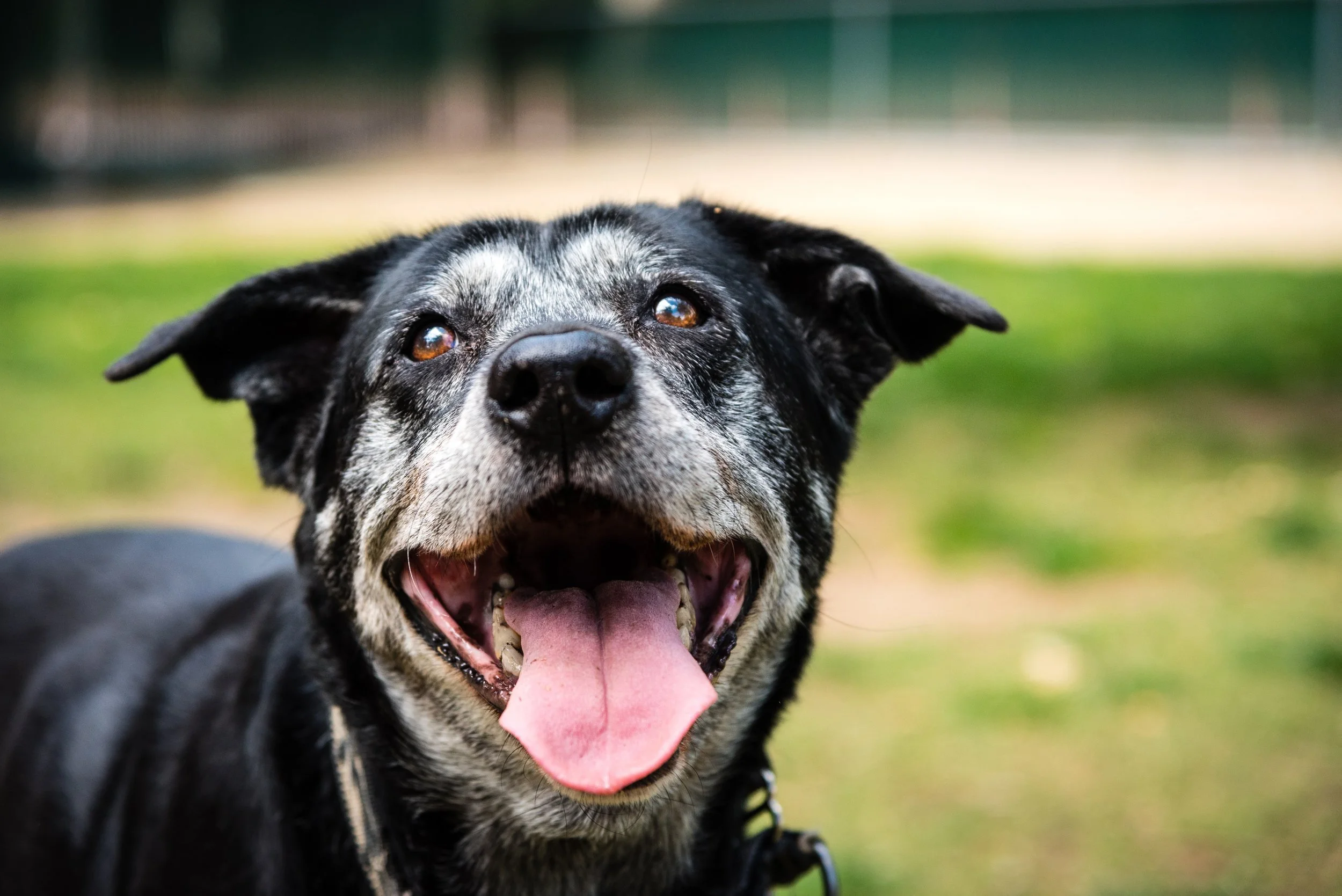Did you know that a healthy dog needs to take 15 to 35 breaths a minute while at rest? Count the number of breaths your dog is taking. If they're resting and taking over 40 breaths a minute, then that's not necessarily normal.
While panting itself isn't necessarily a sign of anything bad, it can be a sign that there is something wrong that needs to be addressed.
What Is Panting?
Panting is the way dogs cool themselves down. Panting requires dogs to breathe in air faster to circulate air throughout their bodies. They may hang out their tongues while panting, and it's common for them to leave their mouths open.
Since dogs normally take under 40 breaths a minute, you can tell if your dog is panting excessively by counting their breaths. If your dog is panting in excess of 35 to 40 pants per minute, then that could be a cause of concern.
What Are Common Reasons for a Dog Panting at Night?
There are many reasons a dog could be panting at night.
It's Too Hot
The first reason for a dog panting at night is the temperature in the house. Is the room too hot? Are the blankets around them warm? Are they a heavily-coated breed trying to get to sleep in the summer months?
Heat is the main cause of panting heavily, so consider it first. If the dog's sleeping arrangements are too hot, then it's going to pant. Excessive panting could mean it's overheating, which could lead to heat exhaustion, stroke, or death.
Your Dog Is In Pain
Another common reason for dogs to pant is that they're in pain. Remember, dogs don't have many ways to express that they're dealing with discomfort or pain. Panting is one way they show that they're uncomfortable.
If you want to see if the panting is a result of pain, check your dog's pupils. Are they enlarged? If so, they could be in pain. Some other signs include:
Refusing to eat
Restlessness
Licking at the site of the pain
Biting at the area that feels painful
If you see any of these signs, it's time to call a veterinarian.
Your Dog Is Dealing With Chronic Illness
A final cause of panting is chronic illness. There are several illnesses that can lead to panting including:
Cushing's syndrome, which results in too much cortisol in the body
Heart failure, which makes it harder for dogs to breathe or exercise
Respiratory issues, which can lead to heavy panting or wheezing
If your pet's breathing and panting issues are new, then it's always a smart idea to take them to see their veterinarian. While they might be just fine, it's better to check for illnesses or injuries and make sure your pet is comfortable. Addressing issues leading to panting early can help them be more comfortable (and you get a better night's sleep).
Do You Need Help With a Panting Dog?
If your dog is panting at night, we encourage you to bring them in for a checkup. There are all kinds of reasons that might lead to your pet panting, and we're here to help figure out what's going on.
You can request an appointment with our team at the Animal Care Clinic here in Junction City, KS. Call us at 785-762-5631 for all emergencies

